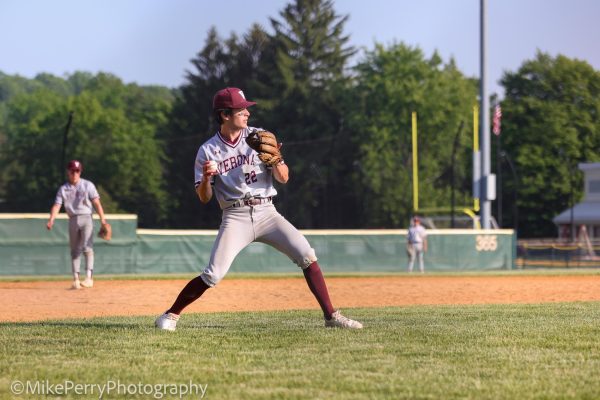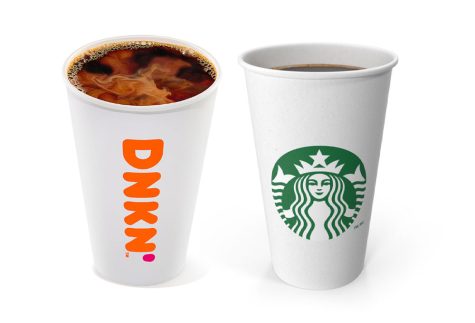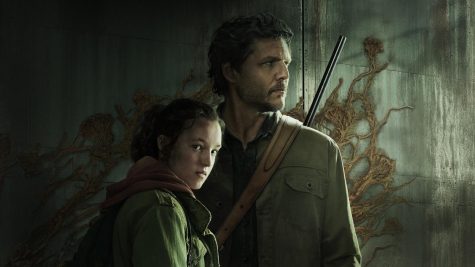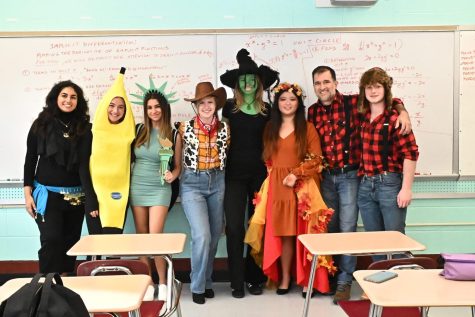If Men Were Angels…”
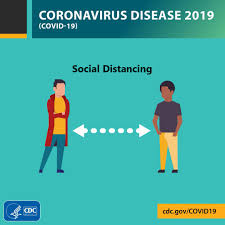
“If men were angels, no government would be necessary.” James Madison, Federalist 51.
I think we can all agree that no one likes being forced to stay at home.
Right now, especially, we feel more cooped up than usual. We can’t leave the house without a mask. We can’t go to our favorite stores; and, for the few stores we can enter, there are restrictions on the number of individuals allowed inside. We can’t eat out at restaurants. We can’t go stroll around the park. All of us are, for the most part, stuck inside our houses, and a lot of people feel trapped.
It’s really no wonder then that some are beginning to get angry. As our quarantine is extended yet again, more and more citizens across the country are beginning to protest the measures the government has put in place to combat COVID-19. Several celebrities, such as Dr. Oz and Dr. Phil, chimed in this week about why we should begin to reopen. There have been “anti-quarantine protests,” where people violate social distancing guidelines and go outside sporting signs, saying that the government has no right to keep us cooped up in our houses. It is, in their opinion, an infringement of their civil rights.
All of this should come as no surprise. The American culture is a fiercely independent one: Americans, for the most part, don’t like the government telling them what they can and cannot do. However, it may just be a reflection on human nature that these social distancing laws should be necessary at all.
In an ideal world, the government would not have needed to create these orders at all. They would not have needed to enforce the regulations about masks, or station police officers in public areas to make sure everyone is following the rules. In an ideal world, the CDC would inform people of the dangers of the coronavirus, as well as what guidelines everyone should follow. In an ideal world, the citizens of the United States, realizing the importance of these instructions, and the risk posed to society by not following them, would obey for the good of the country.
Unfortunately, we don’t live in that ideal society. When the CDC first released their recommendations about how to prevent the spread of the virus in early March, we saw people flagrantly disregarding them. Students on spring break flocked to crowded beaches; people still shopped in malls and ate out at restaurants and bars. As a result, the government was forced to step in and make these guidelines enforceable, because without threat of punishment, people were unable to reconcile their own desire to leave the house with public safety.
That is, of course, why these measures are justifiable. Because when someone leaves their house, without a mask, to go to a public area, it is not just their own health they are risking. Indeed, for many of the students on spring break, there seemed to be almost no risk at all, as the coronavirus isn’t nearly as dangerous to the young as it is for the old. These individuals do not assume all the risk just for themselves: instead, they may not even notice they have symptoms, spreading the disease to others, putting those people in danger.
There are very few who enjoy the luxury of not needing to leave their house. Many need to work, others need to go grocery shopping to get basic necessities. And some of these people will be especially susceptible to the virus: specifically the elderly and immunocompromised. These at-risk individuals, who are forced to leave their house by circumstances beyond their control, are put in danger by those who decide to defy guidelines and act as if life is still normal. And, considering that those people won’t stop this behavior unless the government writes it into law, the government therefore has every right to protect those who are more susceptible to the virus.
Throughout American history, the Supreme Court has repeatedly held up the idea that an individual’s rights do not override public safety. Your freedom of speech does not permit you to yell “Fire!” in a crowded movie theater. Your freedom of religion does not permit you to perform human sacrifices. Your right to bear arms does not mean you can bring a machine gun into a crowded mall.
When you leave your own house without a mask, when you go to crowded public spaces, when you hold parties, you are not practicing your own right to leave the house: you are infringing upon someone else’s right to life.
Everyday, thousands of doctors and nurses are battling to keep their patients alive. Millions of Americans are at risk from the virus, and already thousands have lost loved ones.
I would like to think that, when told that just by staying home you could save lives, that every citizen would make the ethical decision and follow those guidelines, no federal or state intervention necessary. However, until that’s the case, the United States government has the responsibility to fulfill the role for which it was created: protecting those who cannot protect themselves.










